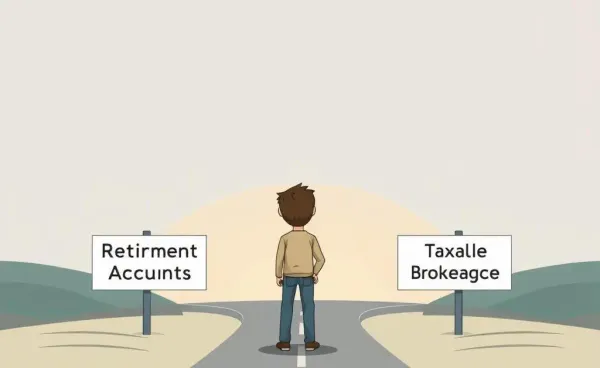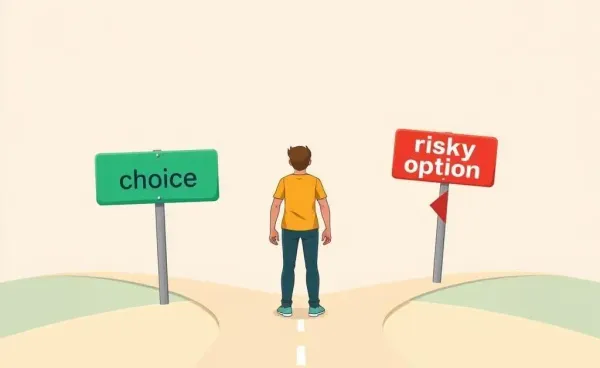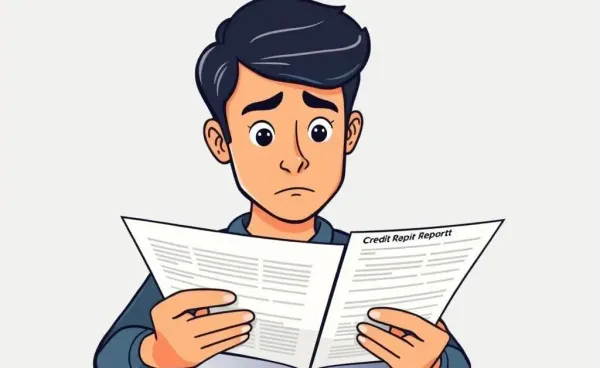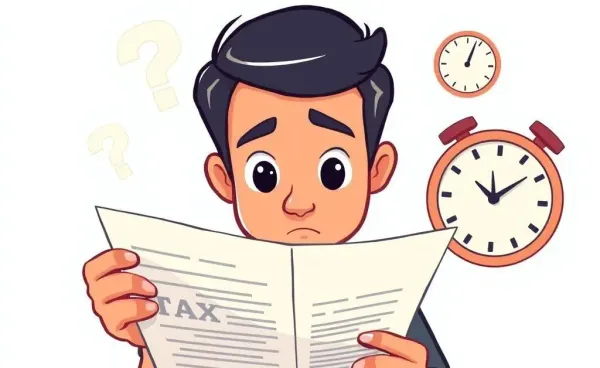When Is Chapter 7 Bankruptcy the Right Choice?
Discover when Chapter 7 bankruptcy is the best option for your financial situation.
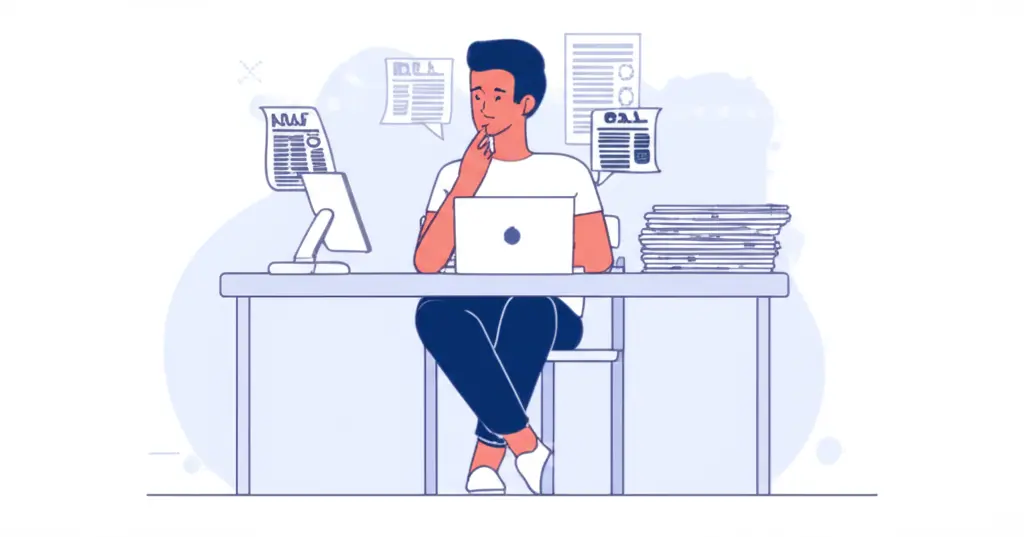
Let's face it: experiencing financial hardship is like being caught in a rainstorm without an umbrella. You're not alone if you feel overwhelmed by the downpour of bills and creditor calls. In moments like these, many wonder, "Is Chapter 7 bankruptcy the umbrella I need?"
Understanding Chapter 7 Bankruptcy
Chapter 7 bankruptcy, often called a 'liquidation bankruptcy,' is a legal process that can help you wipe out various types of debts. It's designed for individuals who truly can't afford to repay their creditors. Unlike Chapter 13 bankruptcy, which involves a repayment plan, Chapter 7 liquidates your non-exempt assets to pay off your debts. Sounds straightforward, right?
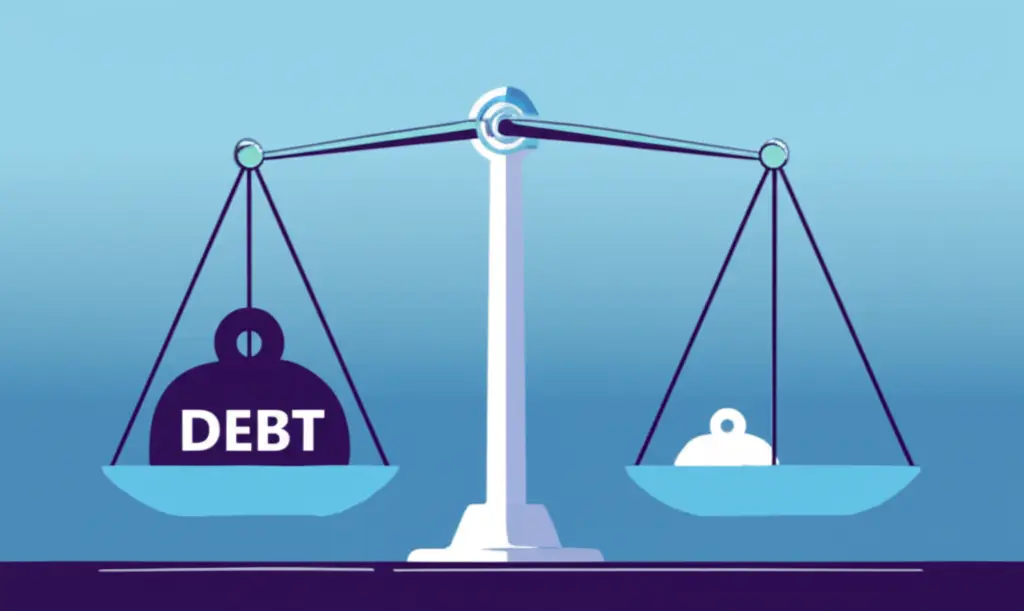
When Might Chapter 7 Be Your Best Option?
To be honest, filing for Chapter 7 isn't a decision to take lightly. Here are some indicators that it might be the right fit:
- Overwhelming Unsecured Debt: If you've got piles of credit card bills, medical bills, personal loans, and a monthly income that just doesn't cover it, Chapter 7 might be your bailout.
- Collection Calls Galore: Constant harassment by debt collectors is draining. If you're being flooded with calls, Chapter 7 can halt them.
- Little to No Disposable Income: After necessary expenses, if there's scarcely anything left to clear debts—even when frugality hits an all-time high—Chapter 7 might make sense.
How Does the Process Work?
While it might seem daunting, understanding the process can empower you:
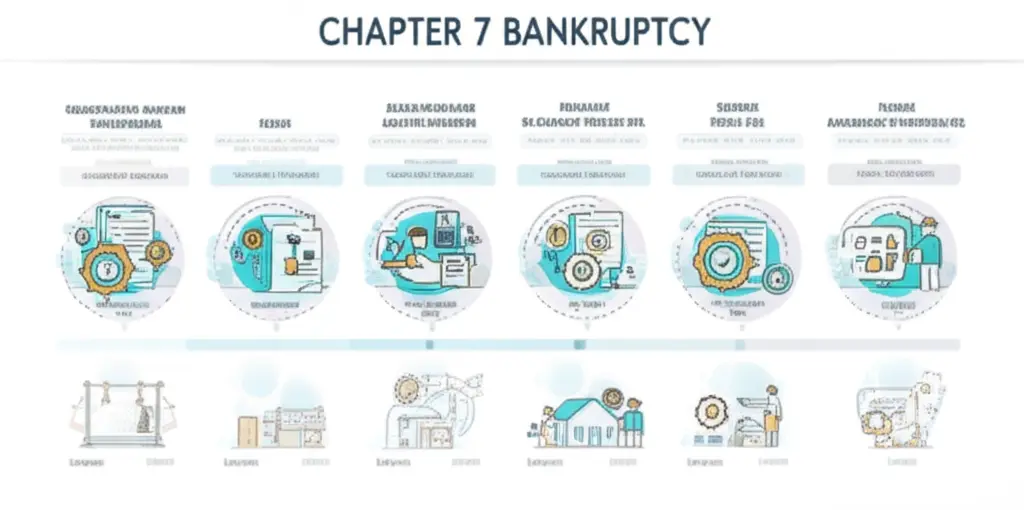
You'll begin by passing a means test to determine your eligibility. If you're eligible, you'll file a petition, documenting your finances. This stops most collection actions. From there, a court-appointed trustee takes over, determines which assets (if any) to liquidate, and uses the proceeds to pay creditors.
The Big Question: Will I Lose Everything?
Not exactly! Many people fear losing their homes, cars, and personal possessions. Luckily, exemptions exist to protect your basic needs. For instance, a certain amount of home equity, a modest vehicle, and essential personal items might be exempt.
Life After Chapter 7: The New Beginning
While filing may leave a mark on your credit report for up to 10 years, it also offers a fresh slate to rebuild your finances. It's a trade-off, but one that many who've traveled this path find worthwhile.
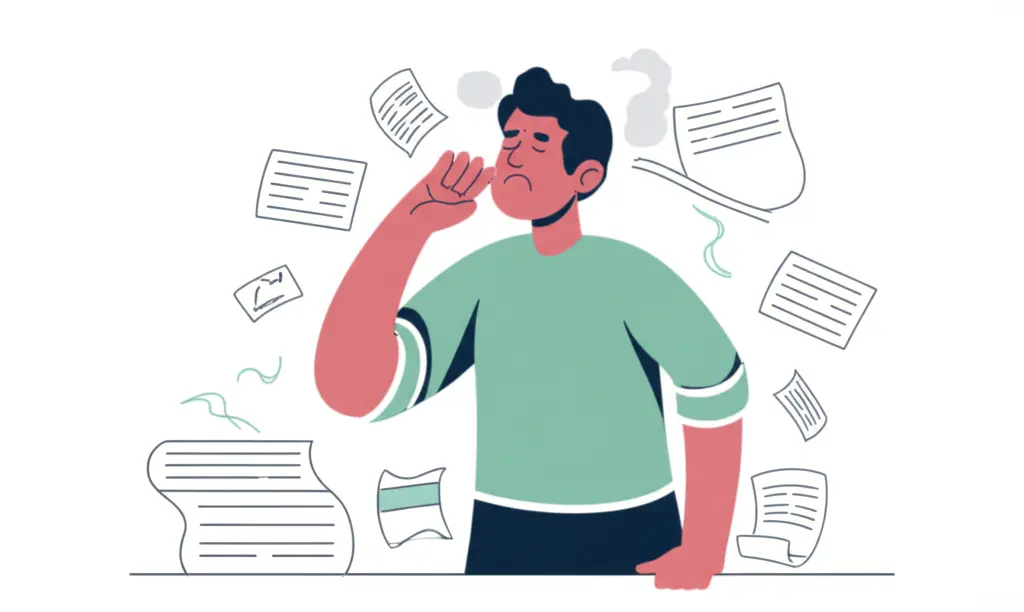
Final Thoughts: Should You File?
Think of Chapter 7 bankruptcy not just as a dramatic last resort, but as a strategic tool. If it makes sense given your situation, and after consulting with a financial advisor or lawyer, it could be your reset button. Have you or someone you know navigated these waters? Your experience or thoughts might just be the anecdote someone else needs.
If you're considering this option, remember it's crucial to weigh all your financial strategies. After all, at the end of chaos, a rainbow often awaits.

